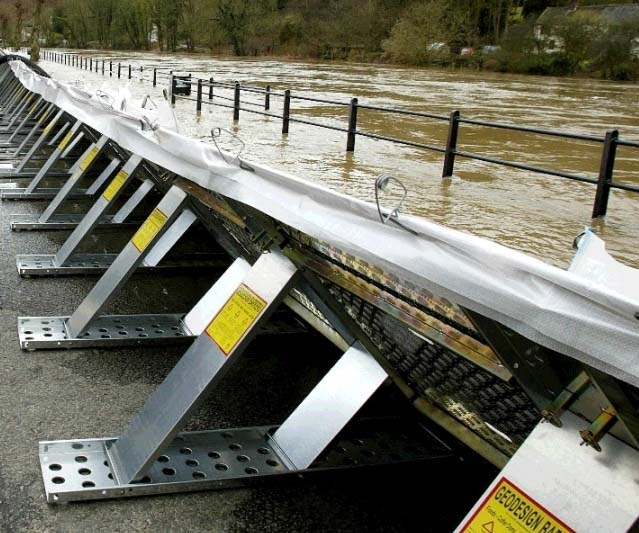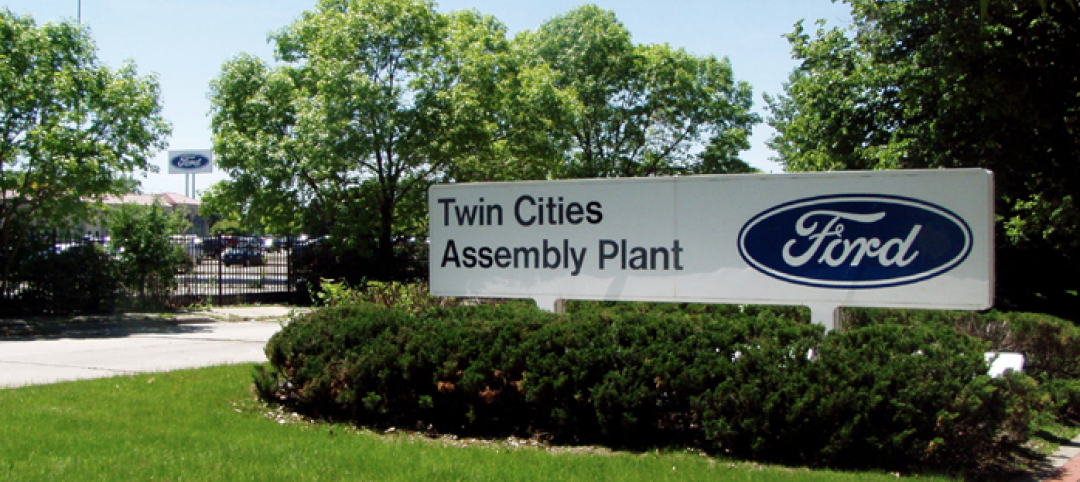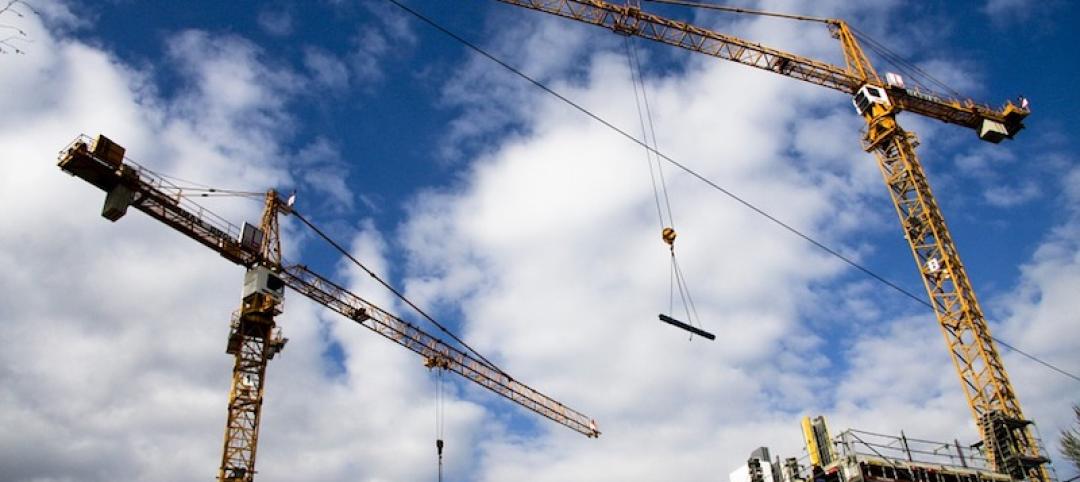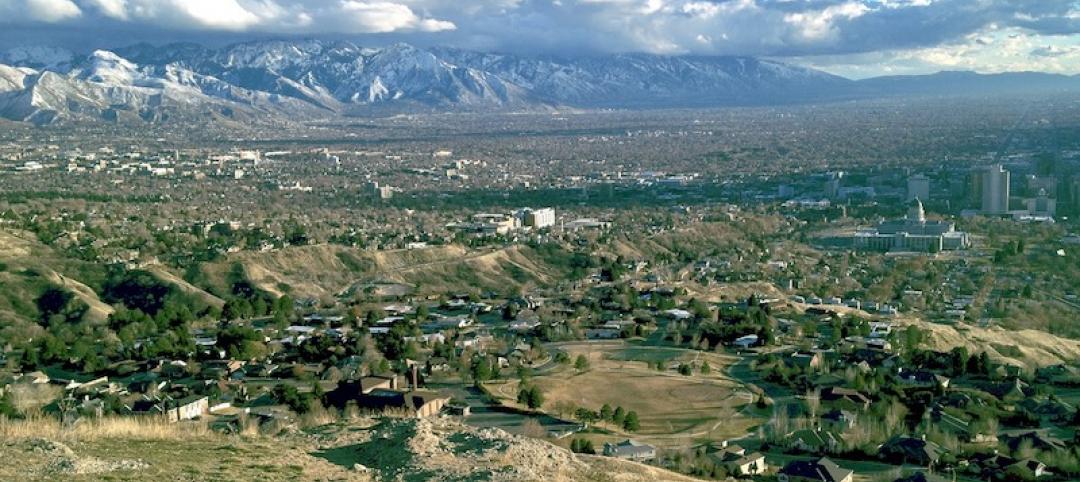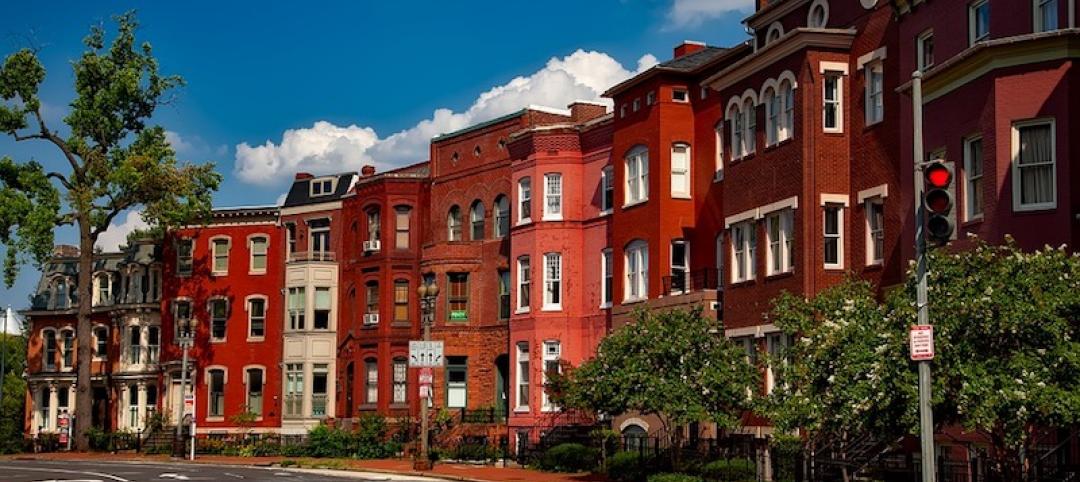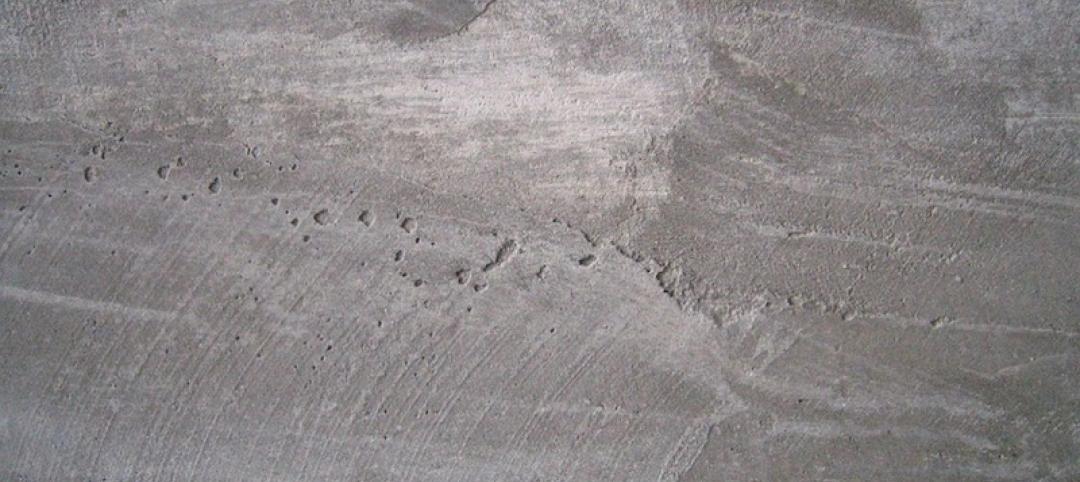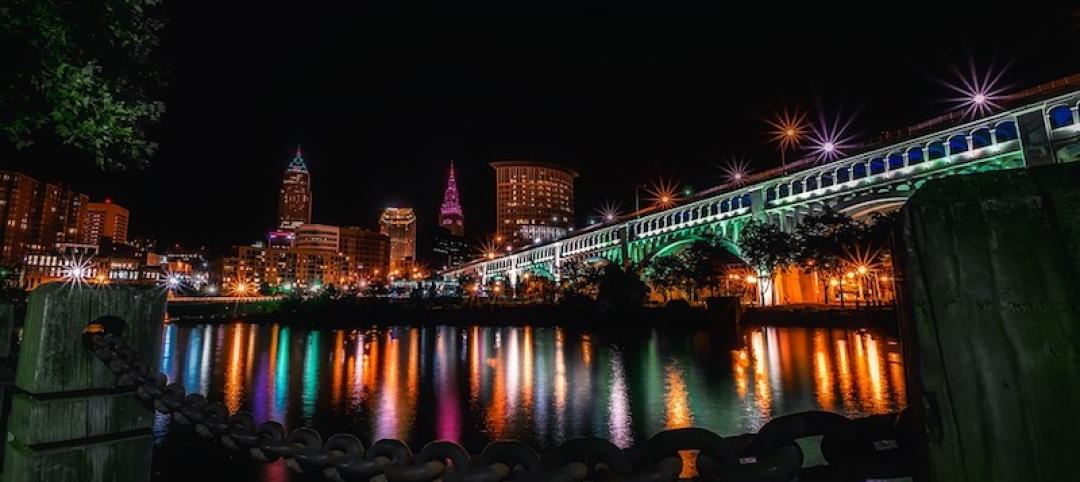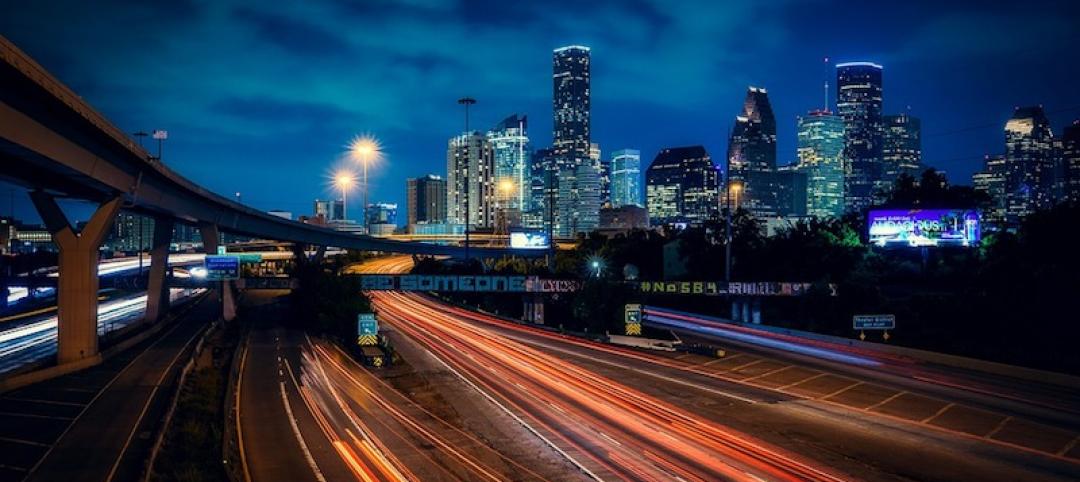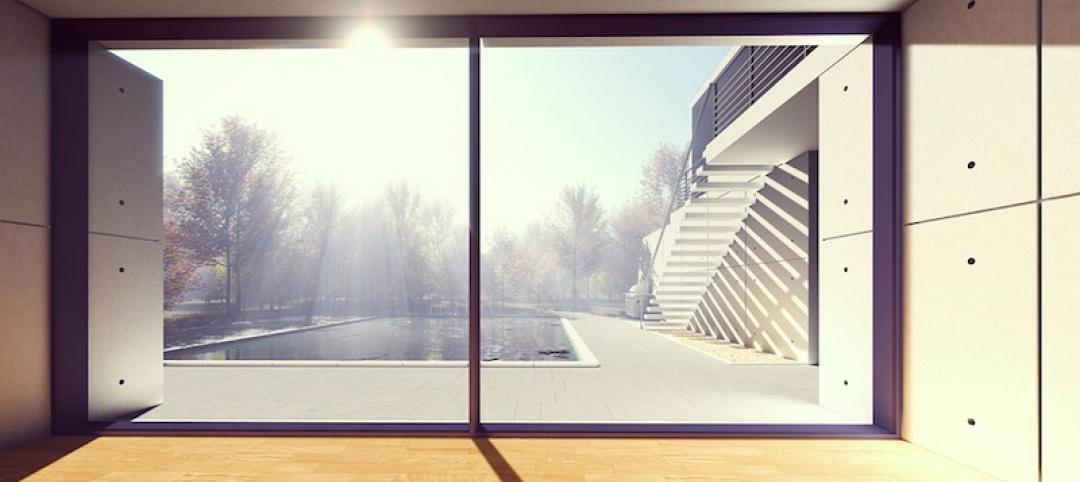Sea levels around Boston could rise as much as 7.5 feet by 2100, according to climate scientists. As a result, the city is at risk of significant flooding during high tides and normal rainfall let alone big storms.
The Urban Land Institute held brainstorming sessions over the last several months involving more than 70 engineers, architects, and development and insurance specialists to examine how rising sea levels would affect four representative areas in and around Boston. The group concluded that the area should consider building canals to absorb and divert water and higher sea walls for flood protection. It also called on called on municipalities to discuss ways to raise money for preparing vulnerable areas and to alter building and zoning rules to take the likelihood of flooding into account.
“We’re not going to start digging the canals tomorrow,” Brian Swett, Boston’s chief of energy, environment, and open space, told the Boston Globe. “But the report makes the important point that you can’t solve 6 feet of sea level rise simply by building a bigger dam on the Charles River.”
In the low-lying Alewife section of Cambridge, new residences might have to be concentrated into taller buildings with more space between them to make room for water infiltration. The report also suggested that retail shops be concentrated into a raised corridor to keep them above flood waters.
Related Stories
Codes and Standards | Jul 17, 2018
NIMBYism, generational divide threaten plan for net-zero village in St. Paul, Minn.
The ambitious redevelopment proposal for a former Ford automotive plant creates tension.
Codes and Standards | Jul 17, 2018
In many markets, green features are more of a requirement for apartment renters
Renters in many U.S. cities have come to expect green features in apartments that they rent, with an eye toward energy efficiency and healthy indoor air.
Codes and Standards | Jul 16, 2018
Length of North American construction disputes continues to increase
They already far exceed global average.
Codes and Standards | Jul 12, 2018
Developer says net zero Salt Lake City apartment high-rise built at standard cost
Off-site solar, and mechanical/electrical system savings aid the achievement.
Codes and Standards | Jul 11, 2018
D.C. local worker requirement not being met
Government doing little to verify self-reported project data.
Codes and Standards | Jul 10, 2018
Carbon emissions in cement production threaten GHG reduction goals
Cement is essential to many infrastructure projects that address climate change.
Codes and Standards | Jul 10, 2018
DOE’s Better Buildings Summit to be held in Cleveland, August 21-23
Agenda includes technical training and networking opportunities.
Codes and Standards | Jul 6, 2018
Houston’s lessons learned from Harvey include lack of awareness by residents of flood danger
Inconsistent regulatory environment also cited.
Codes and Standards | Jul 6, 2018
Delos and HDR will co-develop wellness design tools and collaborate on research
WELL Building Standard pioneer teams with architects to advance wellness innovations in the built environment.
Codes and Standards | Jul 5, 2018
BREEAM New Construction standard launched in U.S.
Follows successful launch of BREEAM In-Use standard.


